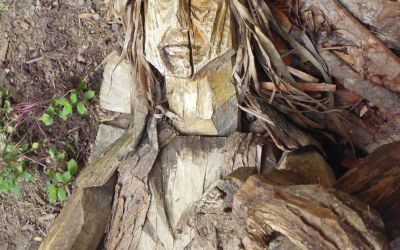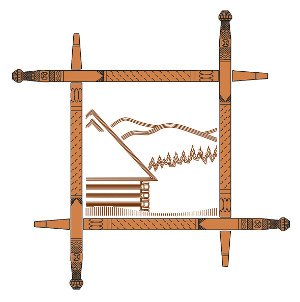
Spells could be of two types depending on the intention of the caster - protective (white magic) or acting to the detriment (black magic). Magic knowledge was usually passed down from generation to generation within a given family. The young adept of magic art was taught systematically for several years, but the most important information was only passed on on his deathbed. The successor, taking the knowledge from the teacher, took the oath by committing himself to continuing his magical practices. The oath was made in three ways: the old highwayman's faith (honor), your faith (faithfulness) and the new faith (freedom). Each of them was accompanied by an appropriate formula that had to be spoken. Breaking it (if it was made according to the rule and without error) threatened with the death of the swearing man. The most common practices in the field of magic were collecting or spoiling milk for cows and sheep, bringing illness or death to someone else's animals, and making the field dayless infertile. another
healing was the specialization that coexisted with magic. Sorcerers (healers) had knowledge of healing and poisonous herbs, they knew the magical properties of stones, trees, some parts of the body of animals and people, as
examples of dead bones, hair and many other objects, including those of a sacred nature, such as stole, holy water, etc. Witch-healers healed using knowledge taken from the magic book, obtained from a supporting spirit or from their own experience. With the help of magic formulas and spells, they were able to restore people's health, stave off their charm, stop blood or, on the contrary, bring disease to someone.














